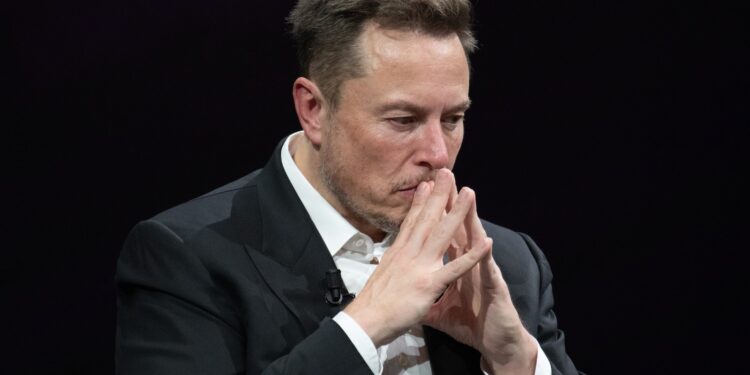Apple is once again in the spotlight of public debate. Elon Musk's startup xAI has filed a lawsuit in Texas against the iPhone maker and OpenAI. The lawsuit alleges that the two companies conspired to secure their market position in the field of artificial intelligence. For Apple, the main issue is the extent of its responsibility for controlling the App Store—and whether strategic partnerships can be considered a distortion of competition.
The debate surrounding Apple, OpenAI, and Elon Musk shines a spotlight on the core of the digital ecosystem: access to users. Apple has been criticized for years for exploiting its market power in the App Store. At the same time, the company repeatedly emphasizes that strict guidelines are necessary to ensure security and quality for iPhone users. The current lawsuit demonstrates how fine the line is between market regulation and alleged anti-competitive practices.
The background to the lawsuit
Elon Musk announced at the beginning of August that he intended to sue Apple and OpenAI. The trigger was that his apps X and Grok, despite high rankings in thematic top lists, were not included in the "Must-Have Apps" category. On August 24, 2025, both applications did not appear there, nor did any other competing generative AI chatbots. Musk sees this as evidence of deliberate exclusion. Apple, on the other hand, sees the decision as a curated selection that prioritizes user interests and quality standards.
The allegations against Apple
xAI claims that Apple missed the rapid advances in AI and therefore partnered with OpenAI to defend its smartphone monopoly. ChatGPT's integration with Siri, which makes it easier for iPhone users to directly access an established chatbot, is particularly criticized. While apps like Grok can be easily downloaded from the App Store, xAI criticizes the lack of depth of integration compared to ChatGPT. Apple traditionally argues that exclusive partnerships with established providers offer security and stability before new services can establish a comparable foundation of trust.
Manipulation in the App Store?
xAI also accuses Apple of delaying updates to competing apps and reducing their visibility. While Musk's apps X and Grok were not listed as "must-have apps," other apps were. Musk sees this as deliberate discrimination. However, Apple has always emphasized that its App Store rankings are based on criteria such as user reviews, downloads, and stability – and not on arbitrary decisions. Another point of criticism concerns access to data. Because Grok is not integrated into Siri like ChatGPT, xAI lacks access to training data from billions of iPhone users. However, Apple regularly emphasizes that protecting personal data is its top priority – a position that often conflicts with business models based on big data.
The role of OpenAI
OpenAI currently benefits from the exclusive Siri integration. For xAI, this is clear evidence of competitive distortion. However, there are already indications that Apple is also in talks with Google about integrating Gemini. Google CEO Sundar Pichai confirmed such discussions. This suggests that Apple could open up its ecosystem more broadly in the long term – albeit while maintaining its own quality and data protection standards.
Musk's demands
xAI is demanding that the court stop what it considers anti-competitive agreements and award damages. For Apple, the focus is less on the legal dispute and more on the question of whether control over its own ecosystem continues to be considered a legitimate means of ensuring security, quality, and data protection.
Apple's balancing act between control and competition
Elon Musk's lawsuit against Apple and OpenAI highlights the tensions in the AI market. On the one hand, there's the desire for open competition. On the other, there's Apple, which takes its responsibility to users seriously and designs its ecosystem with stability and security as its top priority. Whether the court upholds xAI's arguments or affirms Apple and OpenAI will have far-reaching consequences. The outcome of the case could determine how open the App Store is to AI apps in the future—and whether Apple is allowed to continue its course of controlled integration. One thing is certain: Apple is navigating a field of tension between regulation, innovation, and market policy that will shape the coming years. The best products for you: Our Amazon Storefront offers a wide selection of accessories, including those for HomeKit. (Image: Shutterstock / Frederic Legrand – COMEO)
- Apple responds to Elon Musk's accusation of unfair app store practices
- OpenAI's GPT-5 Event: Everything you need to know at a glance
- OpenAI releases GPT-5: Fewer errors, more performance
- OpenAI brings free language models for local use
- New ChatAI app: Bragi and OpenAI combine their strengths
- ChatGPT Agent: OpenAI now lets AI solve tasks itself
- ChatGPT for Mac: Recording mode now available for Plus users





